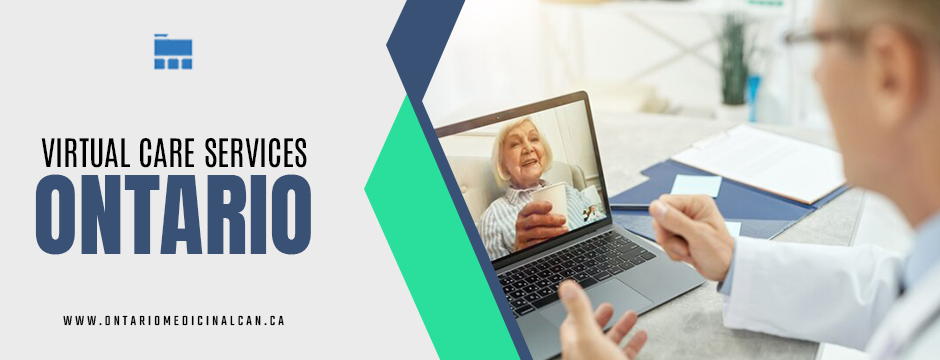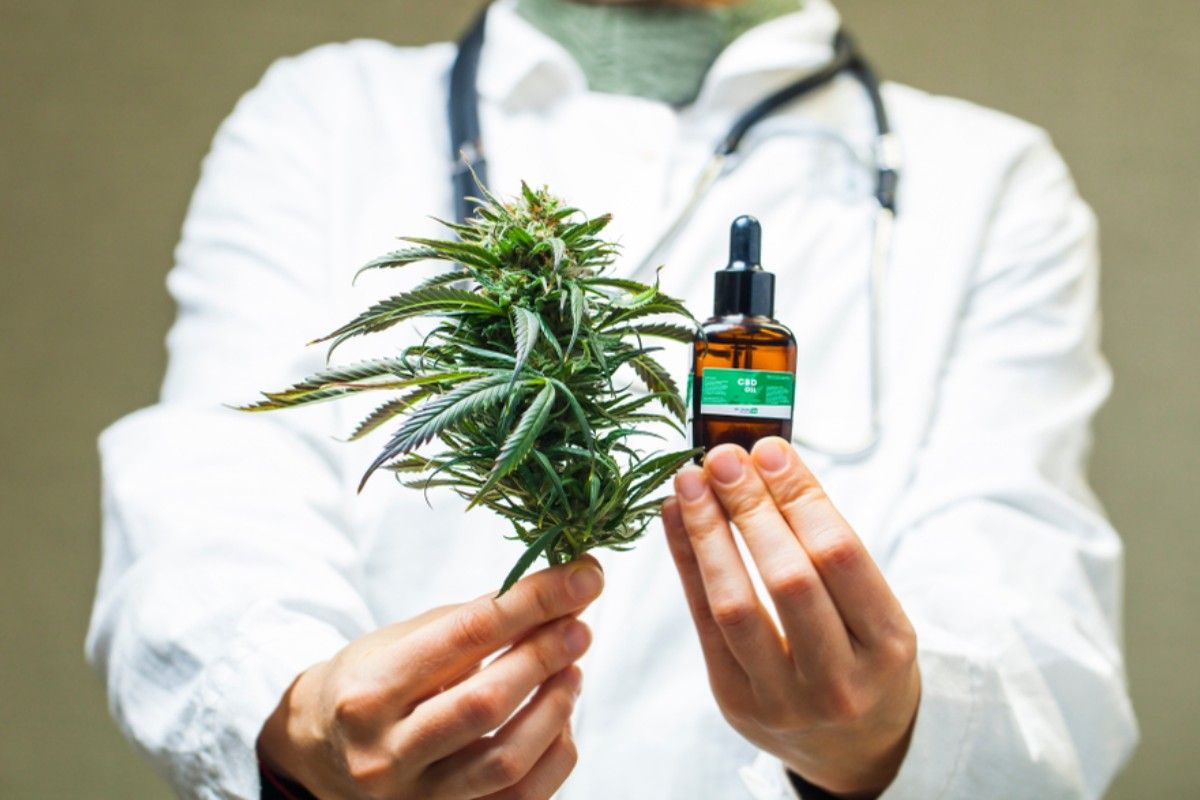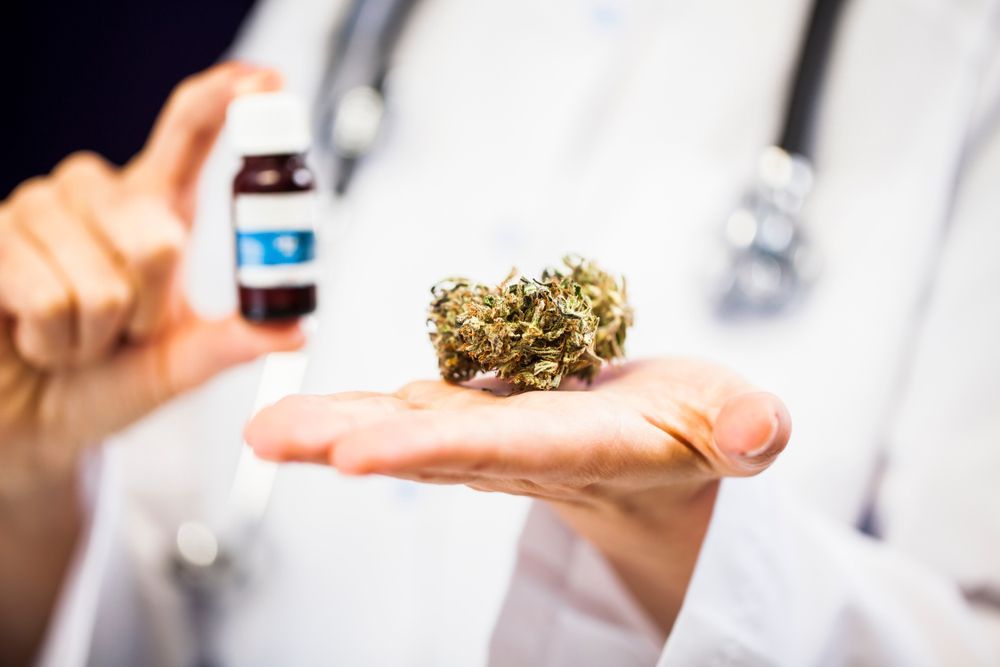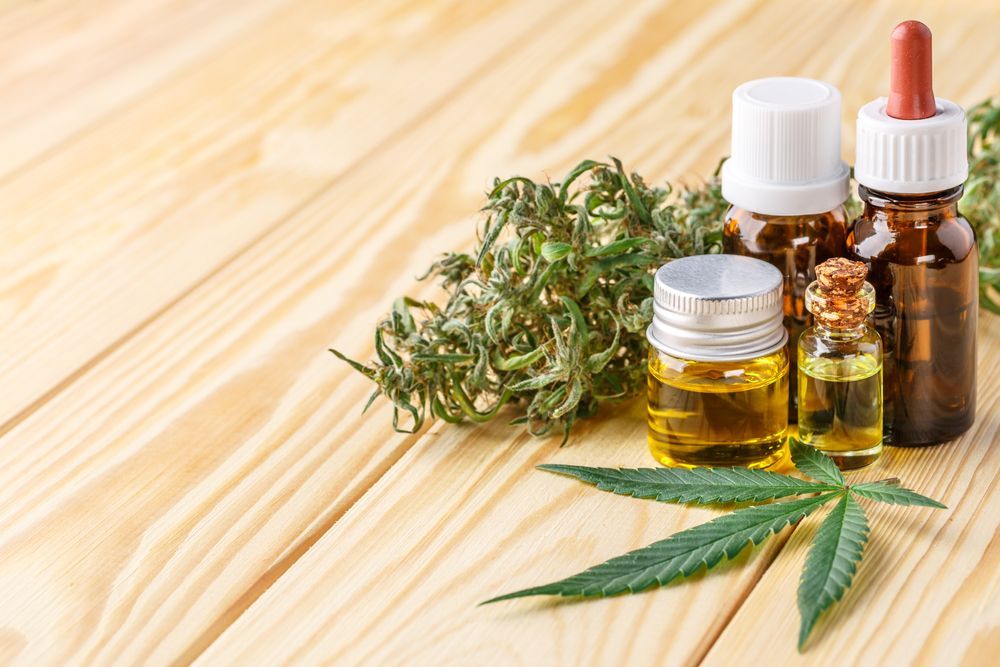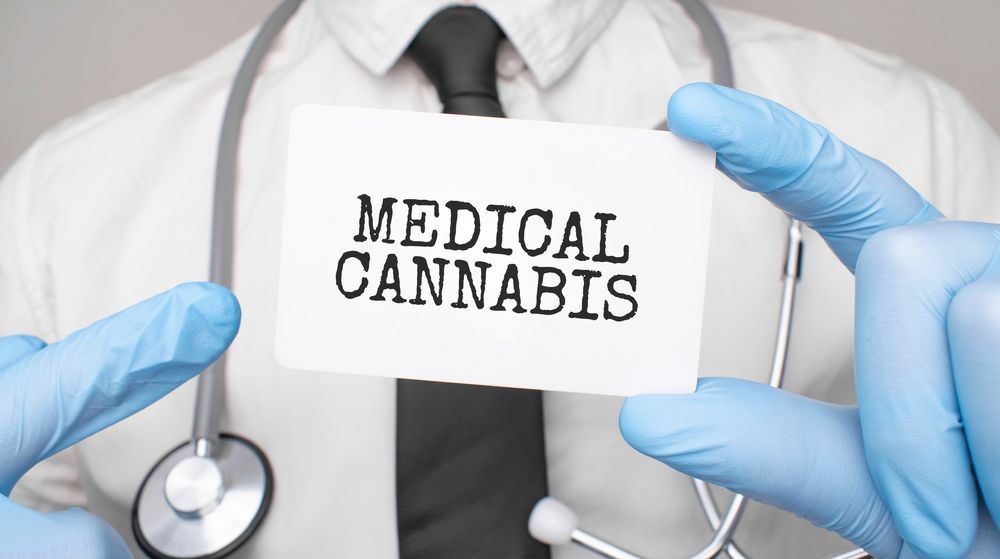Difference Between Over-the-Counter (OTC) CBD and Medical CBD
Welcome to our clinic’s comprehensive guide on the differences between Over-the-Counter (OTC) CBD and Medical CBD. If you’re curious about CBD and want to understand the distinctions, you’re in the right place. We aim to provide you with clear, easy-to-understand information, helping you make informed decisions about your health. Remember, our professional doctors and consultants are here to help you through free consultations and appointments.
Over-the-Counter (OTC) CBD
OTC CBD refers to products you can buy without a prescription. These products are widely available in health stores, online, and even in some supermarkets. OTC CBD is marketed for general wellness, minor pain relief, and relaxation.
Common Uses of OTC CBD
People use OTC CBD for a variety of reasons. It’s popular for reducing anxiety, improving sleep, and easing mild pain or inflammation. Some also use it to enhance overall wellness and maintain a balanced lifestyle. For instance, you might take a CBD oil tincture to help you relax after a long day or use a CBD-infused lotion to soothe sore muscles after exercise.
Regulations and Quality Control
OTC CBD products are not as strictly regulated as prescription medications. This means the quality can vary significantly from one product to another. Some products may contain more or less CBD than advertised, and some may contain unwanted contaminants. It’s important to buy from reputable sources to ensure you get a safe and effective product.
Pros and Cons of OTC CBD
Pros:
- Easily accessible without a prescription.
- Wide variety of products to choose from.
- Can be used for general wellness and mild symptoms.
Cons:
- Quality and potency can vary.
- Less stringent regulations.
- May not be effective for severe medical conditions.
Medical CBD
Medical CBD is prescribed by a doctor and is intended to treat specific medical conditions. It often contains higher concentrations of CBD and is subject to stricter regulations to ensure safety and efficacy. Medical CBD is used in the treatment of serious health issues where OTC CBD might not provide sufficient relief.
Conditions Treated with Medical CBD
Doctors prescribe medical CBD for a range of conditions, including epilepsy, chronic pain, and multiple sclerosis. It is also used for severe anxiety, PTSD, and certain types of cancer-related symptoms. For example, medical CBD can significantly reduce seizures in individuals with epilepsy or alleviate chronic pain for those with multiple sclerosis.
Prescription Requirements
To obtain medical CBD, you need a prescription from a licensed healthcare provider. The process typically involves a thorough evaluation to determine if CBD is the right treatment for your condition. This might include reviewing your medical history, discussing your symptoms, and possibly running some tests.
Regulations and Quality Control
Medical CBD is subject to rigorous testing and quality control standards. This ensures that the product is safe, pure, and effective for its intended use. Medical CBD must meet stringent guidelines, including accurate labeling of CBD content and absence of harmful contaminants.
Pros and Cons of Medical CBD
Pros:
- Higher quality and potency.
- Strictly regulated for safety and efficacy.
- Effective for severe and chronic medical conditions.
Cons:
- Requires a prescription.
- May be more expensive than OTC products.
- Limited to specific medical conditions.
Key Differences Between OTC CBD and Medical CBD
Legal Status
OTC CBD is legal in many places, but regulations can vary widely from one region to another. Medical CBD has a more defined legal status and is usually governed by specific medical marijuana laws. These laws ensure that medical CBD is prescribed and used under strict guidelines.
Dosage and Potency
Medical CBD often has higher potency and precise dosages tailored to treat specific conditions. Doctors can prescribe the exact amount needed for your health issue. OTC CBD products usually have lower CBD concentrations and may not provide the same level of relief for serious conditions.
Accessibility
OTC CBD is readily available in many stores and online, making it convenient to purchase. Medical CBD, however, requires a doctor’s prescription and can only be obtained through licensed dispensaries. This ensures that you receive a product that is specifically designed to treat your condition.
Quality and Purity
Medical CBD undergoes rigorous testing for quality and purity, ensuring it meets high standards. This includes testing for CBD content, THC levels, and contaminants. OTC CBD products may not always meet these standards, so it’s crucial to choose products from reputable manufacturers.
Intended Use
OTC CBD is for general wellness and mild symptoms. It’s suitable for those looking to enhance their overall health or manage minor issues. Medical CBD is intended for specific medical conditions and often involves higher doses and more potent formulations. It’s used under the supervision of a healthcare provider to treat serious health issues.
Potential Side Effects and Risks
Common Side Effects
Both OTC and medical CBD can cause side effects like dry mouth, drowsiness, and changes in appetite. However, these effects are generally mild and temporary. Some people may also experience diarrhea or fatigue when first starting CBD.
Interactions with Other Medications
CBD can interact with other medications, potentially altering their effectiveness. This is because CBD affects the way your body metabolizes certain drugs. It’s important to discuss CBD use with your doctor, especially if you’re taking other medications. Your doctor can help you understand any potential interactions and adjust your treatment plan accordingly.
Who Should Avoid CBD
Certain people should avoid CBD, including pregnant women and those with liver conditions. There’s limited research on the effects of CBD during pregnancy, so it’s best to err on the side of caution. People with liver conditions should also be careful, as CBD can affect liver function. Always consult a healthcare provider before starting CBD.
Choosing the Right Type of CBD for Your Needs
Assessing Your Needs
Consider why you want to use CBD. If it’s for general wellness or mild symptoms, OTC CBD might be sufficient. For serious medical conditions, medical CBD is likely the better choice. Think about your health goals and what you hope to achieve with CBD. This can help you decide which type of CBD is right for you.
Consulting with a Healthcare Professional
It’s crucial to talk to a healthcare professional before starting any CBD regimen. They can provide personalized advice based on your health needs and guide you in choosing the right type and dosage. A doctor can also monitor your progress and make adjustments as needed to ensure you get the best results.
How to Use Our Free Consultation Services
Service Overview
Our clinic offers free consultation services to help you understand more about CBD and how it might benefit you. Our professional doctors and consultants are here to assist you. During a consultation, we can discuss your health concerns, review your medical history, and recommend the best CBD options for your needs.
Benefits of a Professional Consultation
A professional consultation ensures you get accurate information tailored to your health needs. Our experts can help you choose the right CBD products and dosages, ensuring you get the most benefit from your treatment. We can also provide guidance on potential interactions with other medications and monitor your progress over time.
How to Book an Appointment
Booking an appointment is easy. You can visit our website, call us, or drop by our clinic to schedule a free consultation. We’re here to help you make the best decisions for your health. Our friendly staff will assist you in setting up an appointment at a time that’s convenient for you.
Conclusion
Understanding the differences between OTC CBD and medical CBD is crucial for making informed health decisions. OTC CBD is accessible and great for general wellness, while medical CBD offers higher potency and is suited for specific medical conditions. Always consult with a healthcare provider to determine the best option for you. Our clinic offers free consultations to guide you through this process. Book an appointment with us today and take the first step towards better health.
